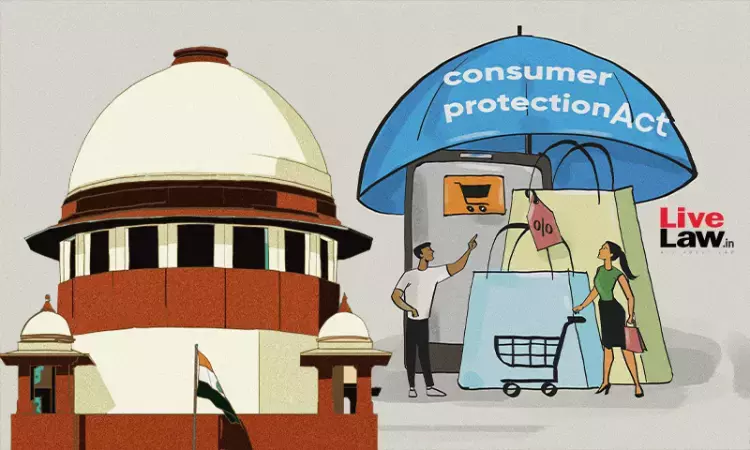Borrower Not 'Consumer' If Loan Was For Profit Generation, Consumer Complaint Not Maintainable Against Bank : Supreme Court
LIVELAW NEWS NETWORK
1 March 2025 8:43 AM IST

Pure business-to-business transaction cannot be consumer dispute.
Next Story
1 March 2025 8:43 AM IST
